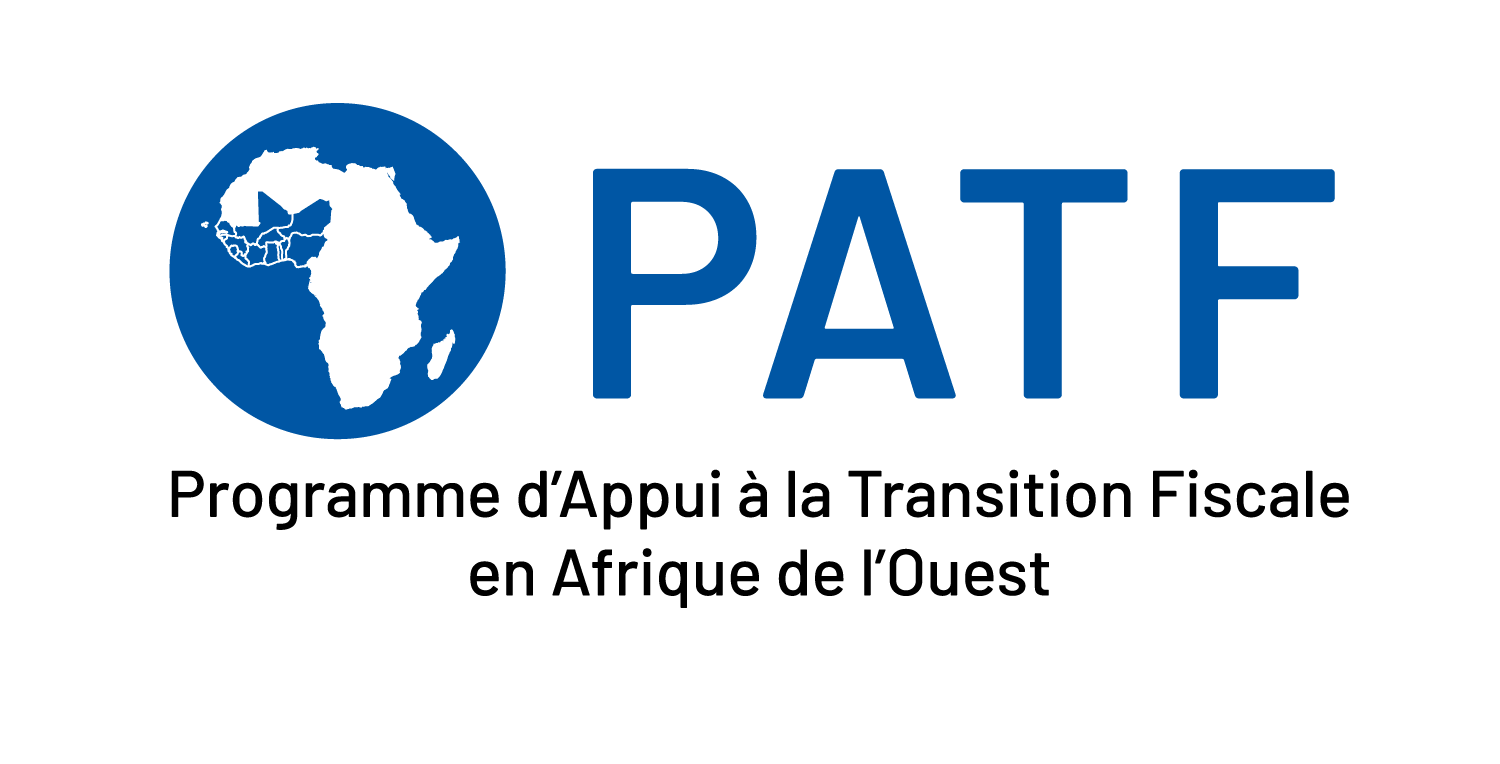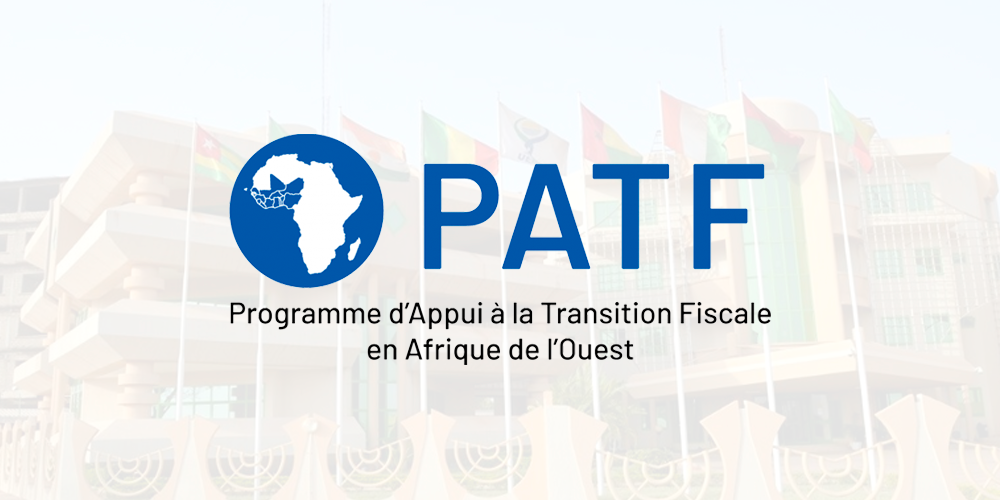In Sub-Saharan Africa, tax fraud and evasion are estimated at hundreds of billions of US dollars each year. Also affected by this large-scale capital flight, in a context of a drastic reduction in external development aid, the WAEMU and ECOWAS countries have been committed since December 2019 to the Fiscal Transition Support Program (PATF), intended, ultimately, to encourage more mobilization of sufficient internal resources to finance development.

The Value Added Tax (VAT), which has been practiced in various ways to date, is central to this transitional tax process, with the development of a guide in due form that was validated by representatives of ECOWAS/UEMOA member states and LINPICO technical assistance on August 2, 3 and 4, 2021 in Ouagadougou.
They were a dozen experts, 8 representatives of States and technical assistants, to take part from August 2 to 4, 2021 in Ouagadougou, in the feedback workshop of the practical guide on VAT for tax administrations of ECOWAS Member States and Mauritania.
Seglaro Abel Somé, Secretary General of the Ministry of Economy, Finance and Development (MINEFID), representing Minister Lassané Kaboré, presided over the opening of the workshop, commending its relevance and expressing the encouragement of the authorities to the participants in view of the challenges facing the States of the region in this difficult period of economic recovery post Covid-19.
“The implementation of the Tax Transition Support Program is undoubtedly an important commitment by our regional organizations to strengthen the resilience of our tax administrations in a context still affected by the lingering effects of COVID-19. Controlling the impact of this crisis on our public finances requires the adoption of courageous measures at the community and national levels and the need for strong coordination is becoming urgent at the WAEMU and ECOWAS levels. In this context, the PATF is likely to bring tangible advances to member states in order to overcome the difficulties generated by the current crisis, while remaining focused on its initial objectives which are
-support for regional trade liberalization policies,
-The creation of the ECOWAS Customs Union, the application of the Common External Tariff,
-facilitating the implementation of the regional Economic Partnership Agreement (EPA),” he said.

Thus, the ECOWAS Commissioner in charge of Trade, Customs Union and Free Movement of Persons, Konzi Tei, came to pass a message of encouragement to participants, stressing the need for member states to succeed in the ongoing tax reforms for better participation in the African Continental Free Trade Area (AfCFTA).
2nd step of the VAT Guide validation process
“The continued decline in customs revenue as a percentage of GDP could become unsustainable in West Africa. This calls on the WAEMU and ECOWAS Commissions and member states to combine their efforts for optimal mobilization of tax revenues, while sustaining strong economic growth,” said Daniel Saha, head of mission of the Program to Support Fiscal Transition in West Africa (PATF) in his opening remarks.

Hence the holding of this workshop which is part of the PATF, being implemented since December 2019 with financial support from the Delegation of the European Union amounting to 10 million euros over a period of three years.
“The guide is a tool to better manage VAT which for us is a leading tax for all ECOWAS Member States. It provides practitioners with notions on VAT, its fields of application and sets out all the tax rules that will be applied by actors including commercial civil companies under the supervision of parliamentarians as well as civil society organizations,” explains Jules Tapsoba, PATF’s technical assistant in charge of tax expenditure management.

Thus, during the three days of work, the participants refined the concepts and rules of VAT; eliminated the mechanisms and loopholes that allowed insiders to evade VAT; and had the same interpretation of the rules on VAT in the West African sub-region.
“The representatives of the Member States have given their opinion, and the other participants have taken stock of the limits of VAT and the solutions. We hope that this guide to be finalized and submitted for validation to all Member States will be a real tool for both customs administrations and private actors, in the sense that it will enable a harmonized interpretation of VAT,” said in his closing remarks, Salifou Tiemtoré, ECOWAS Director of the Customs Union and Domestic Tax.

“The VAT guide, which we have participated in the second stage of validation here, will ensure that all VAT practitioners in ECOWAS member states have the same understanding and practice in this area. This is beneficial for both tax administrations and businesses in the region,” confirmed Magatte Diakhate, head of the Bureau of Tax Legislation of the Directorate of Legislation and International Cooperation of Senegal.
Billions of dollars in tax evasion

Beyond the ECOWAS and UEMOA regions, in Sub-Saharan Africa, annual tax evasion is estimated at several hundred billion US dollars. This gives an idea of the enormous shortfall in the budgets of the states in the region, in a context of chronic and drastic reduction of official development assistance.
This capital flight is partly facilitated by the great generosity of the States in granting tax exemptions and other parafiscal advantages. Which prevents them from having enough resources to finance public services.
To tackle these frauds and tax evasion on a large scale, the technical assistant Bazahica Renilde, stressed the need for a comprehensive strategy at the level of the actors of tax and customs administrations. He cited the example of Nigeria, where the resources collected by tax officials can sometimes be three times those of customs officials.
The States are not in the same position when it comes to VAT

With the enormous issues of resource mobilization in the ECOWAS and UEMOA region, good practice of value-added tax is a solution. However, it is clear today that ECOWAS states are far from being on the same footing in this regard.
“On the one hand, there are states such as those in most of the WAEMU that have a long tradition of practicing VAT (on average 18%) and on the other hand, states such as Nigeria that practice it at a low level (7.5%). And there is also this category of countries like Guinea Bissau or Liberia that still do not practice it. But things are moving in the right direction,” said Habass Habasso Traoré, WAEMU Director of Public Finance and Domestic Tax

“I am really happy to attend this workshop on VAT. Nigeria is late but the authorities are very committed to the issue. We have gone from a 5% VAT rate to 7.5%. We will continue to make progress on the issue,” said Lovette Ononuga, Acting Director of VAT at the Nigerian Revenue Authority in Abuja.
Specific case of Guinea Bissau

In the specific case of Guinea Bissau, where VAT is not yet practiced, a tax expert in the person of Barthelemy Dabré from Burkina Faso was seconded to Bissau as part of the PATF to help this WAEMU and ECOWAS country in introducing VAT and complying with community standards.
According to expert Dabré, with his technical support, things are progessing in the country. “A legal text establishing VAT has already been adopted in the Council of Ministers. It will soon be adopted by Parliament,” he said. And appreciating the current validation workshop of the VAT guide: “More than any other country, Guinea Bissau is more than interested in this guide, whether for practice or for tax expenditures, especially considering its situation.
40% of PATF implementation

Considering the importance of VAT in mobilizing resources to finance development in ECOWAS countries, it can be argued that the Fiscal Transition Support Program (PATF) serves a fiscal sanitation purpose in that it will help fight against tax evasion.
According to D. Ismaël Amoussa, regional director of Linpico, the implementing agency, the implementation of PATF since its launch in late December 2019 has also been disrupted by the 2020 coronavirus disease crisis. He further reaffirmed the determination to lead the program to a successful conclusion with a rate of execution of 40% to date despite the Covid-19 health challenge.
“We have made a lot of progress in the implementation of the PATF. There is a good spirit within the WAEMU and ECOWAS Commissions, as well as within the Member States, which are really committed to the matter. The WAEMU countries that have a tradition of VAT practice are committed. Countries like Nigeria that have a lesser practice of VAT are 100% committed. The process in Guinea Bissau, which does not yet practice it, is very advanced. In short, everyone is aware that the State does not have enough resources, and that it is necessary to mobilize tax resources to finance development. And as a result, all member states are committed to this,” said Daniel Saha, head of mission of the Fiscal Transition Support Program in West Africa.
Towards a tax expenditure guide as well
As part of the PATF, in addition to the VAT guide, the development and validation of a regional guide on tax expenditure evaluation methodologies are also being considered.
“There will be a methodological guide for evaluating tax expenditures. In the initial work, we have conducted on this issue, there are shortcomings. It is important to move towards the integration of socio-economic aspects in the management of tax expenditures. The approach will be the same as that of the VAT guide,” explained Jules Tapsoba, PATF technical assistant in charge of expenditure management.
In other words, it is not enough to collect sufficient tax resources through the good practice of VAT to have good financing by internal resources of development projects and programs. It is also necessary that these mobilized internal resources are effectively devoted to the adequate implementation of the countries’ projects and programs. And that is the whole point of this type of development financing guarantee mechanism which is the proposed tax expenditure guide.
It should be recalled that the PATF is funded by the European Union to the amount of 10 million euros over a period of 3 years and has 4 main objectives, including:
-Improving the management of domestic taxes in Member States with better coordination through efficient management of VAT and control of tax expenditures;
-strengthening the fight against tax fraud and evasion, illicit financial flows, and corruption; and contributing to the increase in tax revenues
-strengthening the coordination, monitoring, and evaluation system for fiscal transition programs at the WAEMU/ECOWAS Commission and member state levels;
-the effectiveness and implementation of VAT according to community standards in Guinea Bissau, Liberia, and Nigeria.
Martin Philippe & Alain Belem




